

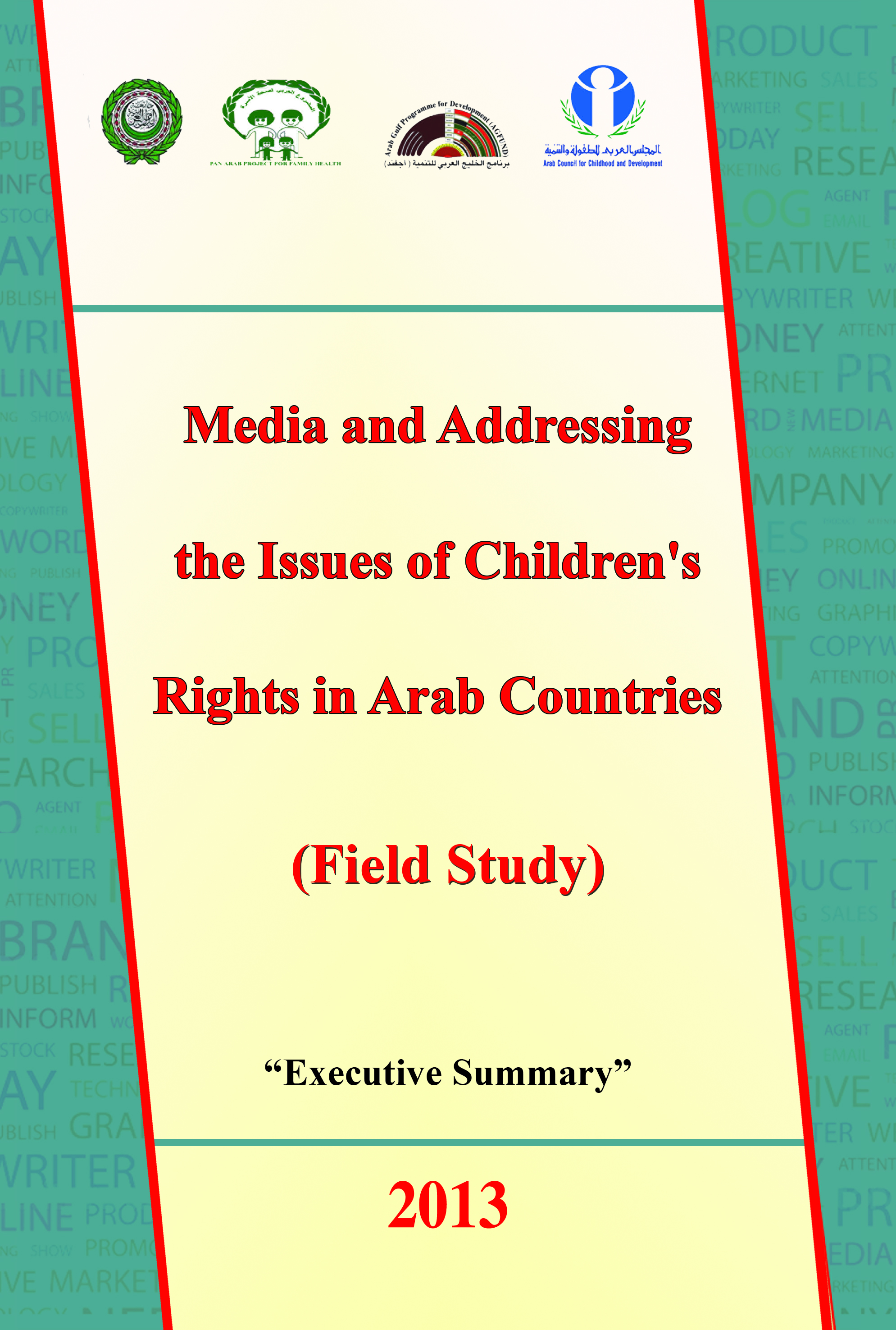
Four consensus workshops were held on the draft of the Professional Guidelines with Arab media professionals in Four Arab countries: Egypt – Lebanon - Saudi Arabia – the UAE. The Professional Guidelines were launched in Lebanon under the patronage of H.E. the Lebanese Minister of Information in November 2015.
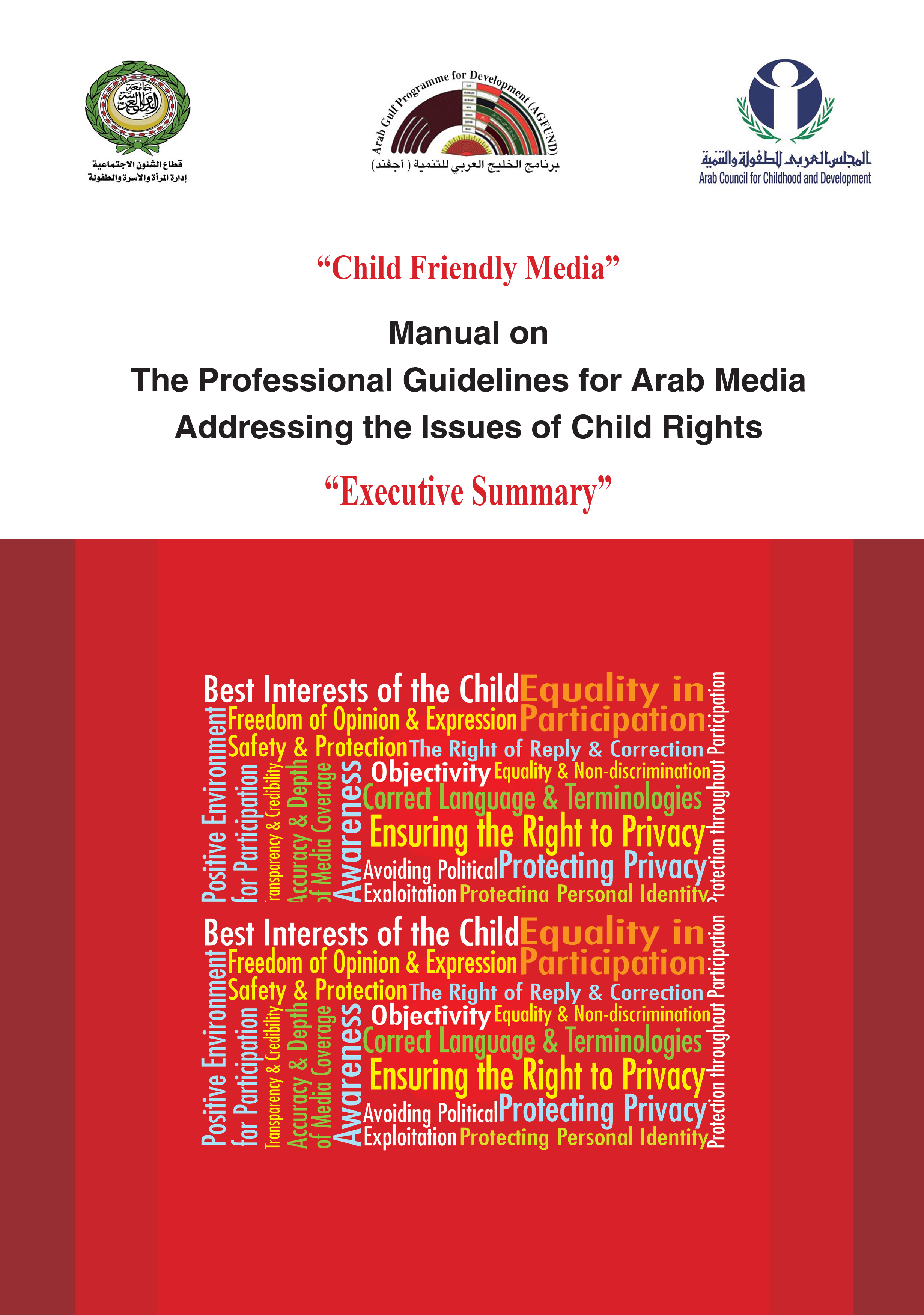
Adoption of the Professional Guidelines by the Arab Councils of Ministers
The Document of the Professional Guidelines has been adopted by the Council of Arab Ministers of Social Affairs in December 2016, as well as by the Council of Arab Information Ministers in July 2017. It has been considered as a guiding document for the media when addressing child rights issues in the Arab region and included within the accredited media codes of honor.
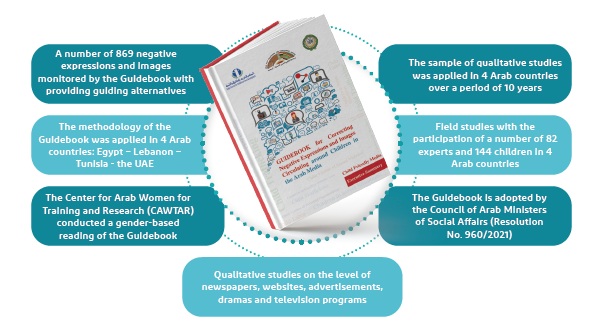
The Guidebook provides several professional alternatives for media professionals to guide them, and to assist them to raise the professional responsibility in addressing children's issues.
The methodology of the Guidebook, which relied on media monitoring and conducting focus group discussions with children and experts, was applied in four Arab countries: Egypt – Lebanon – Tunisia - the UAE.
Adoption of the Guidebook by the Council of Arab Ministers of Social Affairs
In its forty-first Session, the Council of Arab Ministers of Social Affairs issued Resolution No. (960) in December 2021, which stipulated in paragraph (4): "Adopting the Guidebook for Correcting Negative Expressions and Images Circulating around Children in the Arab Media as a guiding document for media addressing children's issues in the Arab region".
The Fourth Stage: Capacity Building for Arab Media Professionals (On-going Stage)
The MOACR seeks to build an informed and advocacy culture among Arab media professionals on the Professional Guidelines and disseminating a culture of child rights. The MOACR aims at providing media professionals with a knowledge background about children’s rights and urgent issues and empowering them to address children’s issues in their media message, leading to a child friendly media.
More than 15 Regional and National Workshops were organized with
the participation of more than 600 Arab media professionals from 14 Arab countries
in partnership with more than 35 partners at the national, regional and international levels.
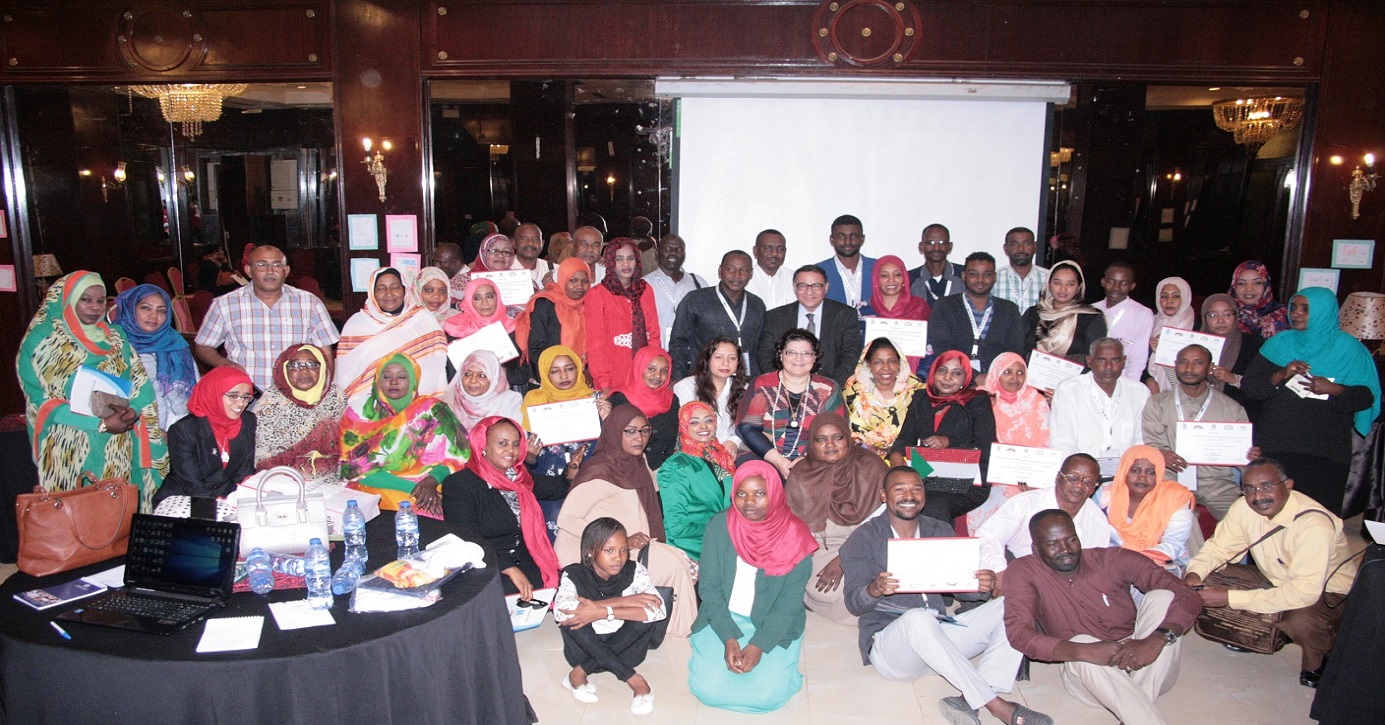
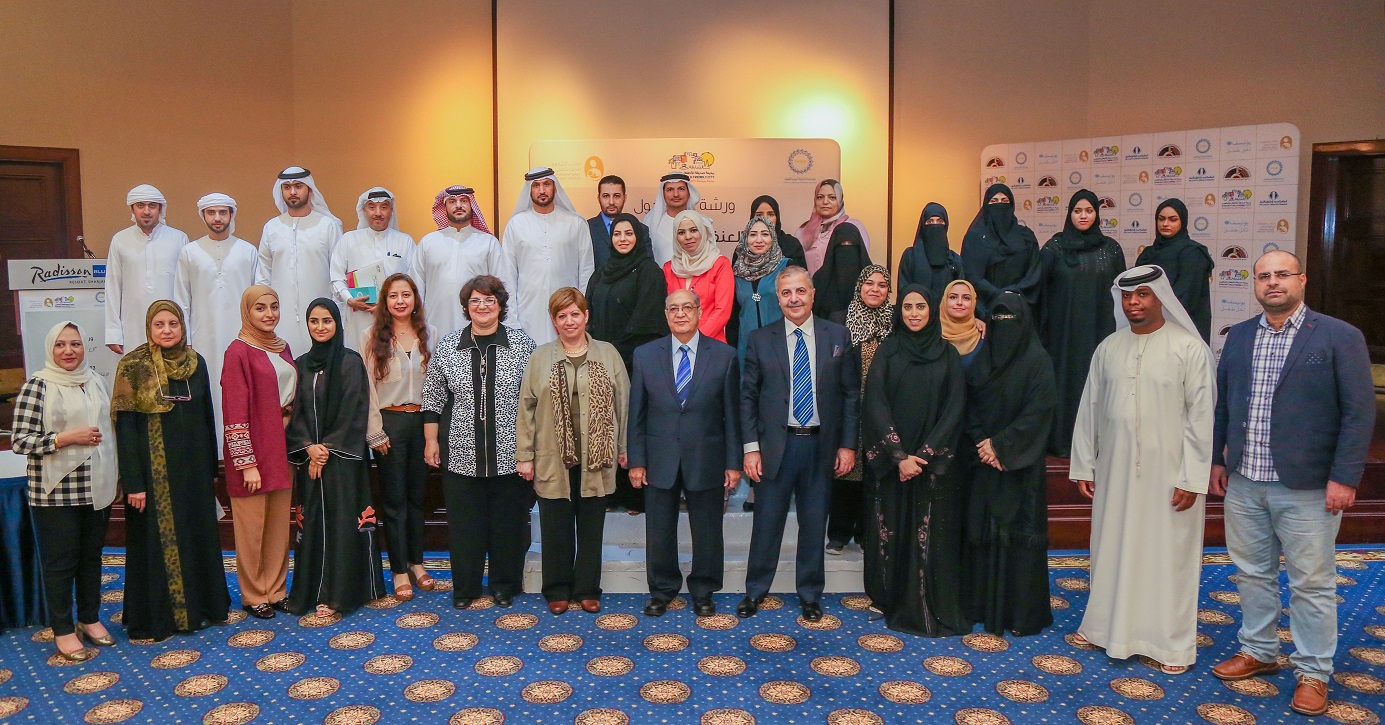
This stage is based on the operation of the MOACR in light of the availability of scientific tools, such as the Manual of Indicators for Measuring Professional Performance of the Media in Addressing Children’s Issues, and the Guidebook for Correcting Negative Expressions and Images Circulating around Children in the Arab Media, in addition to the completion of the work system and the monitoring methodology.
The MOACR will seek to:
The MOACR aims at providing scientific and practical tools that allow creating a supportive media environment for the issues of Arab child rights, as well as providing technical and advisory support for the establishment of national media observatories.
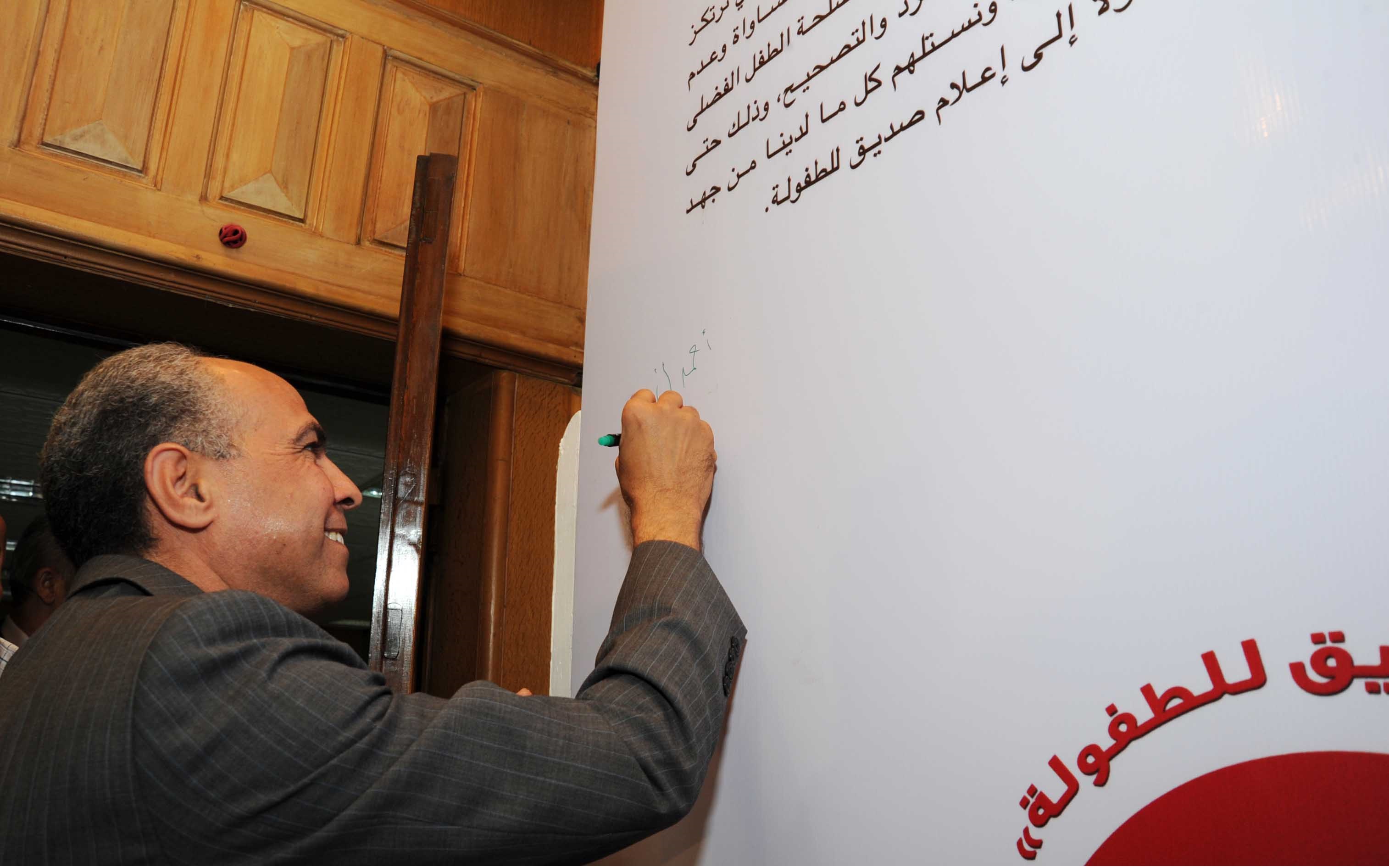 |
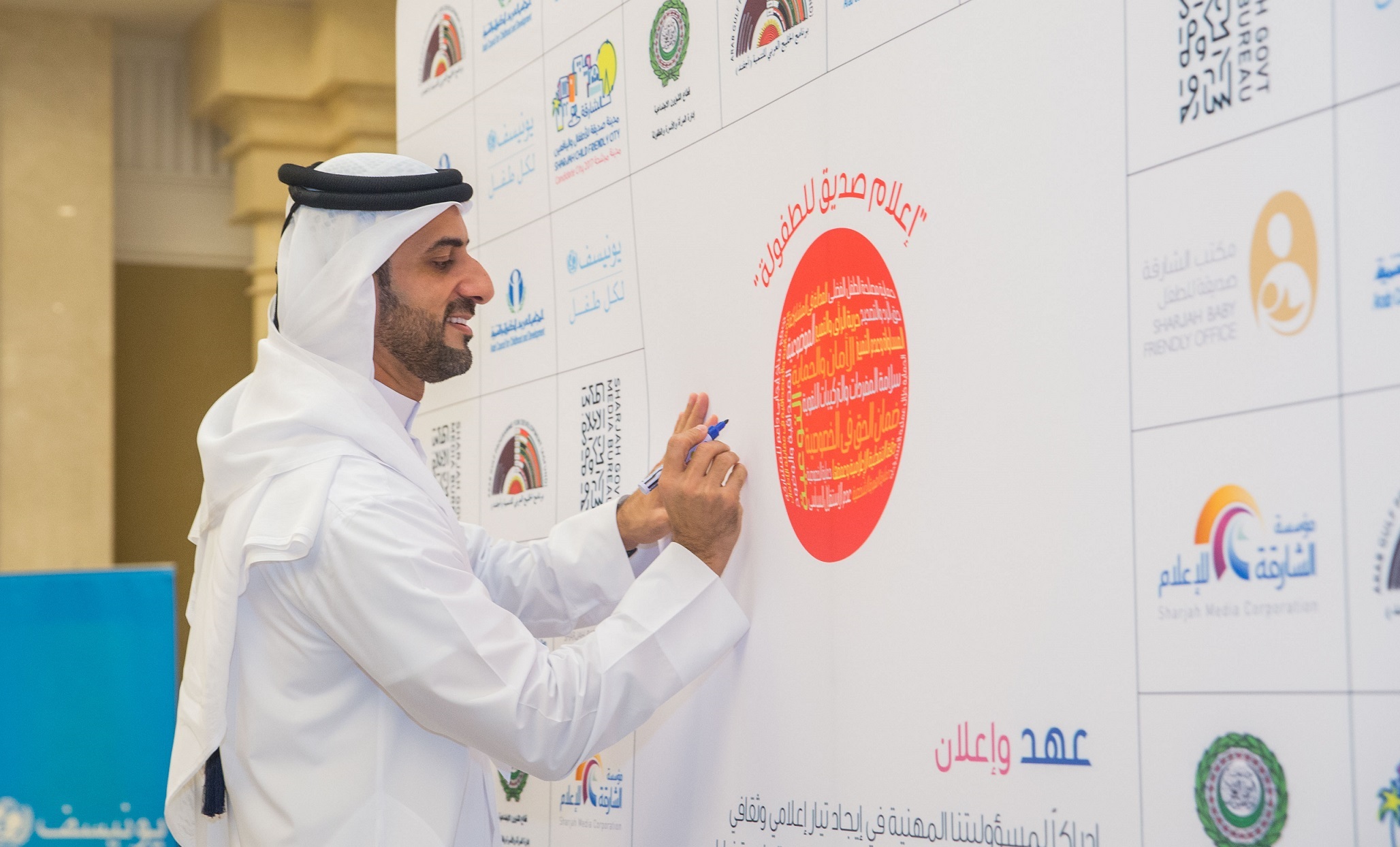 |
|
The signing of Al-Ahram Foundation's Chairman on the |
The signing of His Highness the President of the Sharjah Media Corporation on the Professional Guidelines, declaring the Sharjah Media Corporation as child friendly foundation (in 2017).
|